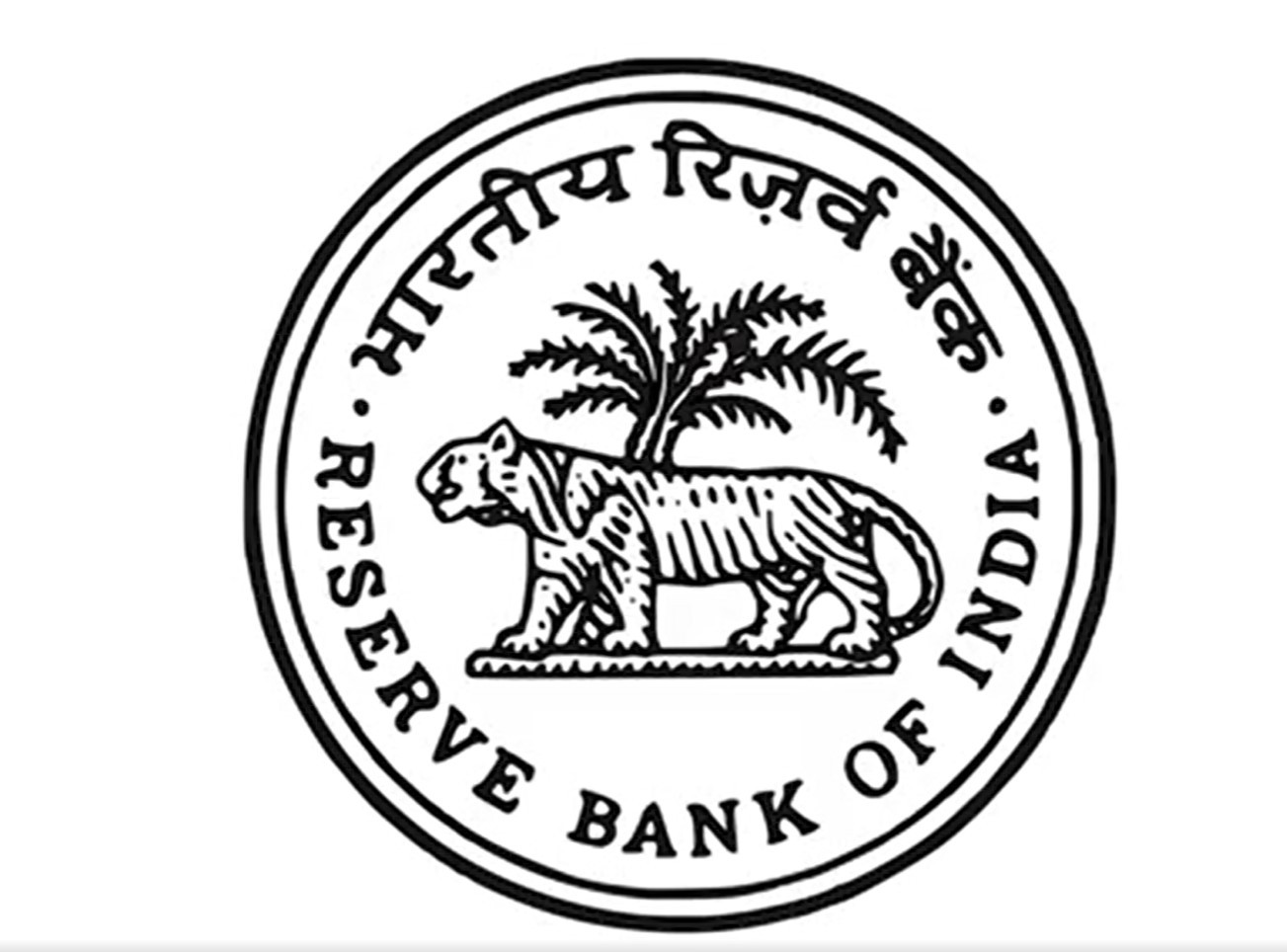RBI (Reserve Bank of India ) in their September Bulletin has stated that the prospects are brightening for the India economy as the second wave wanes and preparedness for the future remains on war-alert status. The RBI bulletin was released on September 16.
A highlight of this RBI issue of the State of the Economy is an analysis of the divergences in monetary policy actions between emerging market economies and their correspondence with underlying macroeconomic performance. The broad findings are:
RBI September Bulletin – Updates & Highlights
- Countries that have tightened monetary policy are also growing/forecast to grow rapidly, with several of them being commodity and services exporters benefiting from the boom in commodity prices and revenge tourism. A few EMEs are also beneficiaries of spillovers and trade advantages from better growth prospects in the US.
- Some of them are the most aggressive rate hikers of 2021 and have registered a near doubling of net exports in Q2 over Q1; a few of these EMEs recovered to their pre-pandemic level of output by Q2 itself.
- Countries that are on a pause despite medium to high inflation are those where economic rebound is not as sharp as the decline last year and/or compare unfavourably in terms of proportion of the population that is fully vaccinated.
- There are a few EMEs, which have undertaken further monetary stimulus or expected to follow suit include countries where inflation is low, albeit, rising; as also those which had fast recoveries from the pandemic but growth seems to be stalling, as per recent high frequency indicators.
Aggregate demand is gaining firmer ground, while on the supply side, IIP (Index of industrial production) and core industries mirror improvement in industrial activity and services sector indicators point towards sustained recovery, the Bulletin said.
On September 16, the RBI released the September 2021 issue of its monthly bulletin.
According to the bulletin, the trajectory of inflation is shifting down more favourably than anticipated.
“As pandemic scars heal and supply conditions are restored with productivity gains, a sustained easing of core inflation can be expected, which will reinforce the growth-supportive stance of monetary policy,” the bulletin said.






